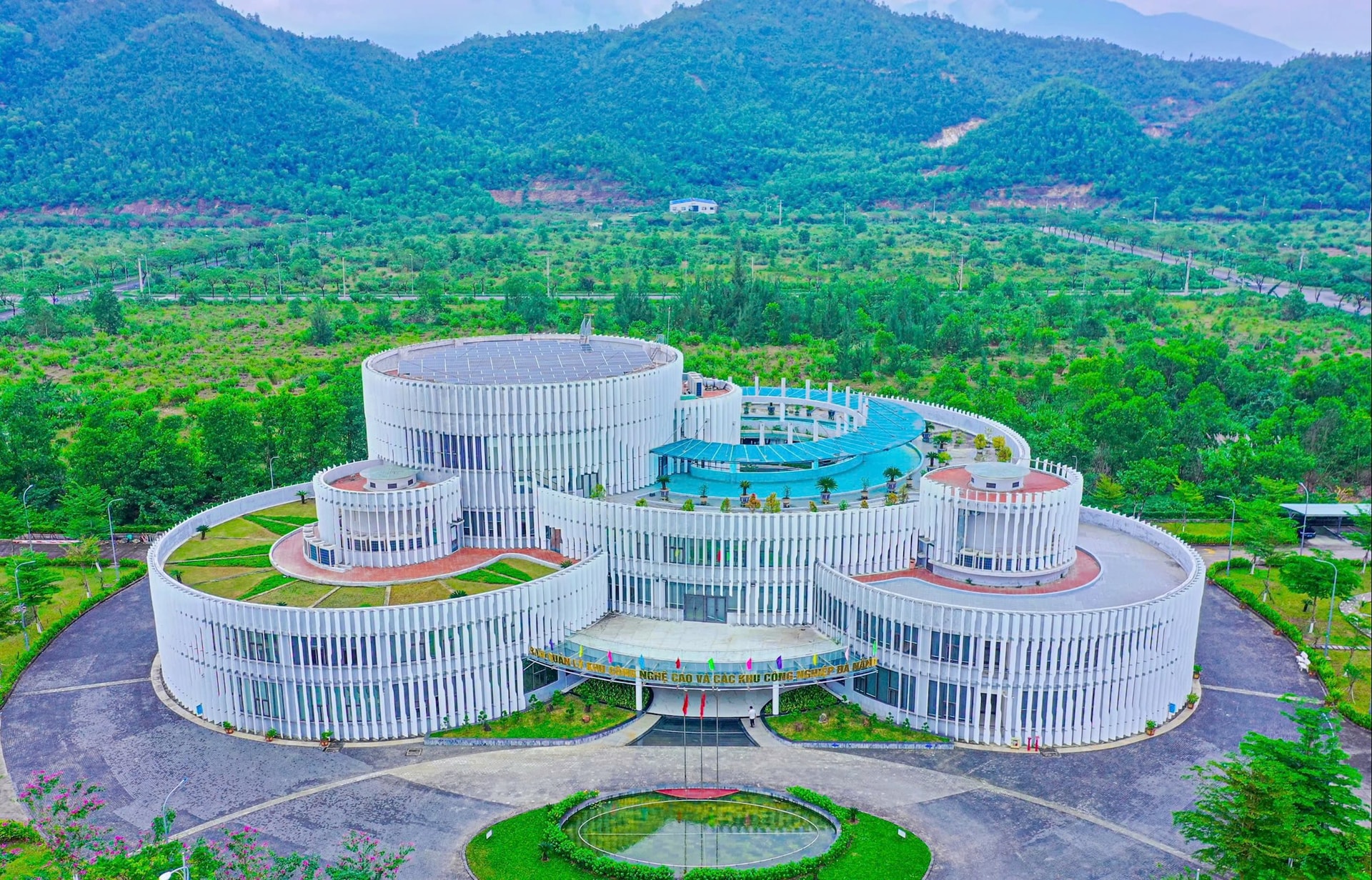
After merging with Quang Nam to form a new administrative unit, Da Nang has more conditions and resources to promote private economic development in accordance with Resolution No. 68-NQ/TW (2025) of the Politburo, considering this as "the most important driving force of the economy"; showing that Da Nang is facing new opportunities and challenges to affirm its role as "the startup capital of the Central region".
From “rivers without main currents”…
After nearly 30 years of becoming a centrally-governed city, the private economy in Da Nang has gradually affirmed its irreplaceable role in the process of industrialization, modernization and deep international integration of the city on the Han River.
Through the City Party Congresses, Da Nang has flexibly applied legal documents and Resolutions of the Central Committee, especially Resolution No. 14-NQ/TW (2002), Resolution No. 10-NQ/TW (2017) and issued many important policies to encourage and facilitate the development of the private economy: From a small, fragmented scale, mainly operating in the trade and service sector in the early stages, Da Nang's private economy has shifted to the fields of tourism, logistics, real estate, high-quality services; gradually expanding to high technology, innovation, marine economy and green economy.
From 2015 onwards, the City People's Committee has established the Steering Committee for the implementation of "Da Nang Enterprise Year 2014" and issued the Program of Activities "Da Nang Enterprise Year 2014"; approved the Project "Developing Da Nang Enterprises to 2020"; Program "Developing Da Nang Startups in 2016"; Effectively implemented the Action Program to implement Resolution No. 35/NQ-CP dated May 16, 2016 of the Government on supporting and developing enterprises to 2020 in Da Nang city.
Looking back at the development process in the old city scale, in 1997, Da Nang had only 686 private enterprises with an investment capital of about 150 billion VND, small scale, mainly operating in the trade and service sector. In the period 2015-2020, the number of private enterprises doubled, registered capital tripled compared to 2015; the city attracted 77,678 billion VND of domestic investment capital and more than 1.3 billion USD of foreign investment capital.
Notably, startups and innovation have become the “new brand” of Da Nang. Programs such as “Da Nang Enterprise Year” and “Da Nang Startup Development 2016” have created a foundation for a series of technology startups and creative services, contributing to making the city an attractive destination for young entrepreneurs.
By 2025, the private sector is estimated to contribute more than 55% of GRDP, creating jobs for hundreds of thousands of workers, accounting for more than 80% of the city's total workforce. An expert commented: "It is these new economic sectors that have created added value for the city's economy to develop long-term and sustainably."
In 2025, Da Nang's private economy will continue to expand in scale, with the number of enterprises doubling and capital tripling compared to 2015. Specifically, the city has attracted 77,678 billion VND of domestic investment capital, of which 68,419 billion VND is outside industrial parks, and 1,399.1 million USD of foreign investment capital.
However, the private economy does not have many large enterprises that have the power to spread and have a positive impact on the city's development; they are mainly small enterprises, lacking core technology, lacking large capital sources, and weak in regional connectivity and global value chain integration. An economic research expert in Da Nang said: "Da Nang's private economy has changed strongly, but is still like a river with many branches flowing fast but lacking a mainstream". This comment reflects the reality more than ever, Da Nang needs "leading cranes" to pull the whole flock to fly together.
What to do to have "leading cranes"?
At the recent 1st Congress of the Da Nang City Party Committee, many delegates' contributions were very enthusiastic and accurate, all of whom agreed that: The city needs to focus on removing bottlenecks in land, credit, technology, and market; increase dialogue, meetings, and support investors and businesses to remove difficulties and obstacles, associated with promoting administrative procedure reform, improving the investment and business environment, improving the Provincial Competitiveness Index (PCI); actively supporting small and medium enterprises, household economy, and cooperative economy.
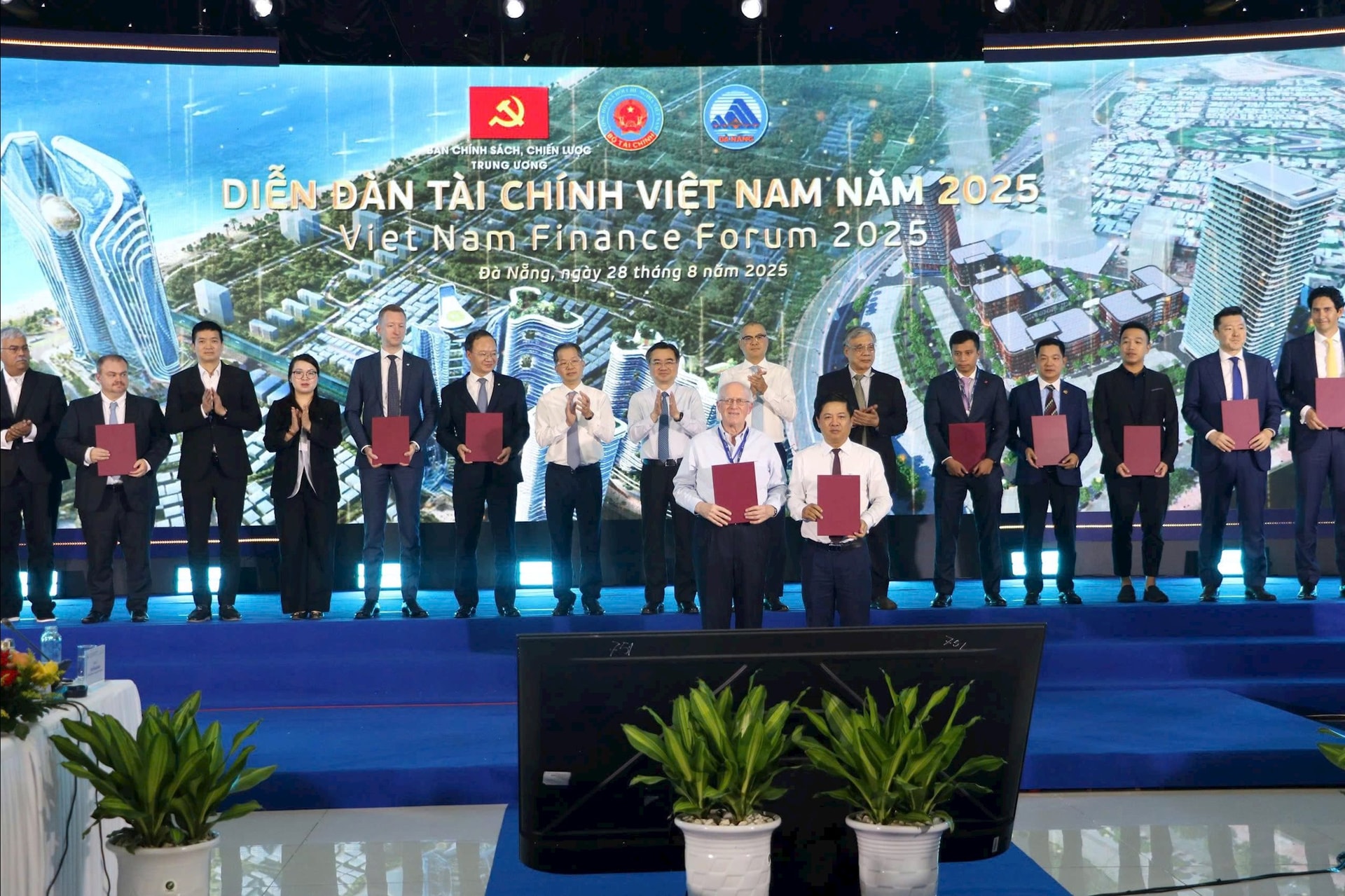
It is necessary to innovate and diversify investment promotion and support activities; focus on attracting private economic groups, ODA and FDI projects, large-scale domestic investment projects, potential investors, strong brands in developing high-quality human resources, high-tech fields, semiconductors, information technology, etc., large domestic investors and enterprises that are dynamic and have a spillover effect on socio-economic development.
Promote the attraction of PPP projects/investors, strategic investors in the Free Trade Zone, International Financial Center in Da Nang. Call for and support enterprises to invest in medicinal material processing industrial zones, combine research and development, and build international standard medicinal material brands.
In our opinion, Resolution No. 68-NQ/TW of the Politburo was issued as an important political boost, along with the merger of new administrative units, which is a great opportunity for Da Nang to effectively implement the policy of developing the private economy, thanks to the infrastructure, human resources and entrepreneurial spirit that have been fostered over the past decades. To realize this, it is necessary to synchronously implement the following solutions:
Firstly, institutional reform and business environment: Da Nang needs to boldly transform to the model of "digital government serving businesses", ensuring 100% of administrative procedures are digitized and online, especially in the fields of land, planning and investment. The reduction of at least 30% of the time to process land procedures, and the pilot of eliminating construction permits in place of construction registration must be implemented quickly, promptly, substantially and effectively.
Second, developing an innovation and startup ecosystem: The city needs to focus on building innovation centers, technology incubators, encouraging venture capital funds and preferential credit policies for small and medium enterprises. The key industries that need to be prioritized are AI, semiconductors, logistics, digital and information technology - areas that have the potential to create sustainable competitive advantages.
Third, investing in dynamic infrastructure and regional connectivity: Da Nang must speed up the progress of projects such as Lien Chieu port, expanding Chu Lai airport, Da Nang airport, developing the Free Trade Zone and International Financial Center.
At the same time, take advantage of the merger with Quang Nam to form an inter-regional "private economic corridor", connecting Chu Lai supporting industry with Hoa Vang high technology and Hoi An high-class tourism and services; encourage the conservation and development of some precious medicinal plants, forming some typical OCOP product groups such as bird's nest, Ngoc Linh ginseng, Tra My cinnamon, Morinda officinalis, Codonopsis pilosula...;
Effectively implement specific support policies for offshore exploitation development associated with protecting sea and island sovereignty, developing marine food processing industry...
Fourth, select key areas and promote sustainable development: The city needs to focus on directing the effective implementation of the following four key areas: High technology and innovation; Tourism - high-quality services; Marine economy; Green - circular economy. These are areas with the potential to spread, in line with global trends, while ensuring the principle of "not trading the environment for growth".
Looking back on the journey of nearly three decades, it can be affirmed that: The private economy has become a vital force in the development process of Da Nang. The achievements have been great, but the gap compared to expectations is still far. To break through in the new period, Da Nang needs to quickly "liberate production capacity" and "upgrade the quality of development". This not only determines the future of the private sector, but also shapes the position of Da Nang on the national and regional economic map.
Source: https://baodanang.vn/de-kinh-te-tu-nhan-da-nang-xuat-hien-nhung-seu-dau-dan-3306718.html














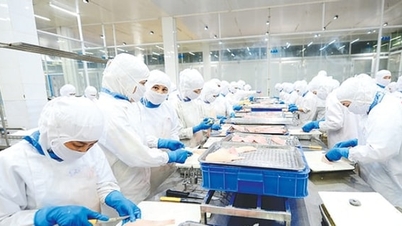

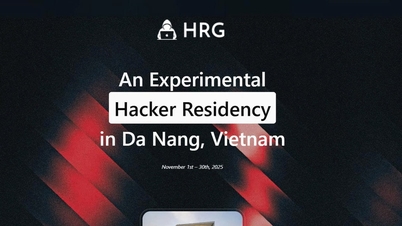


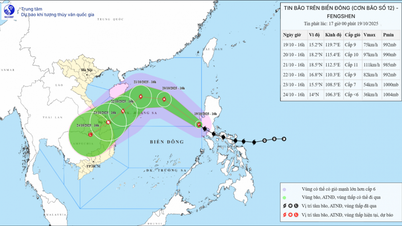



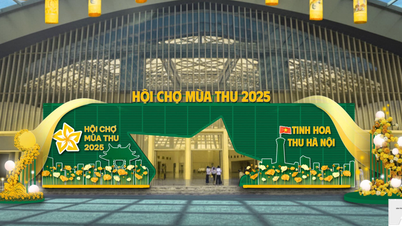



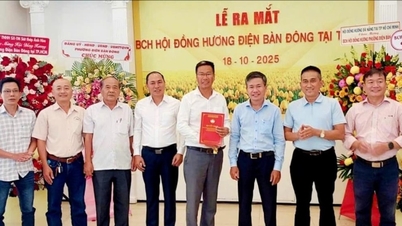




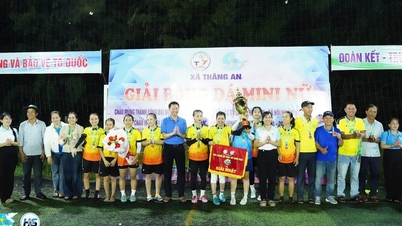
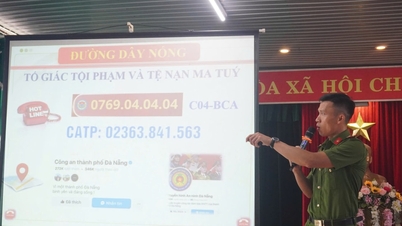
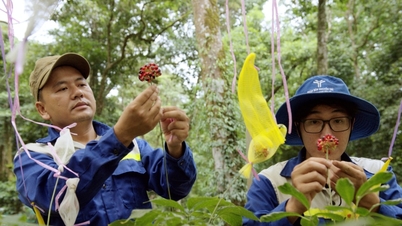
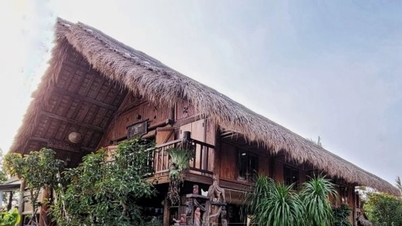

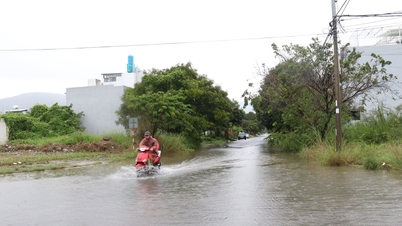


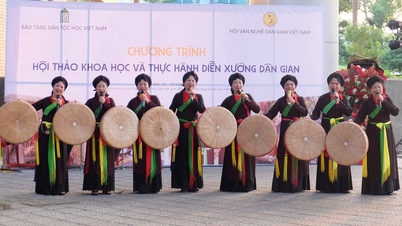



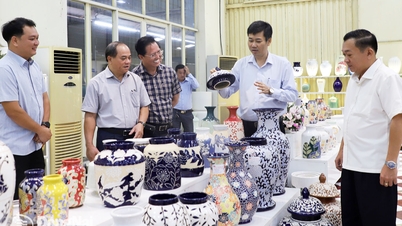










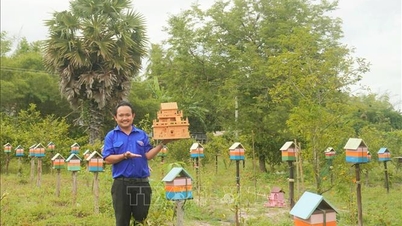


















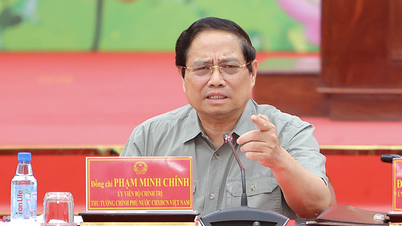
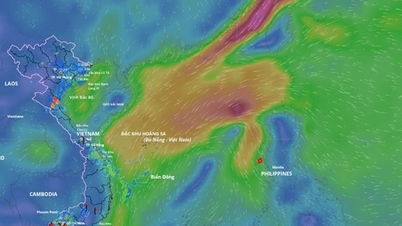



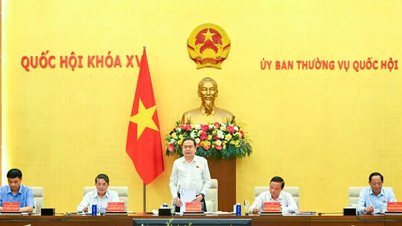





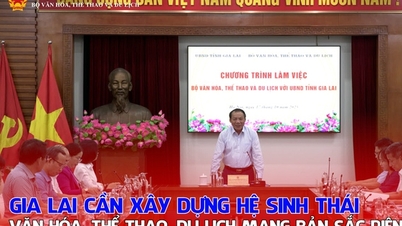





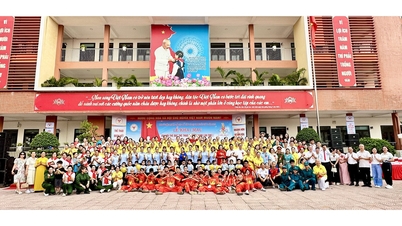
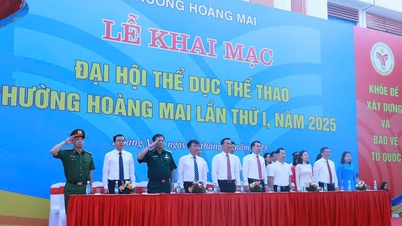
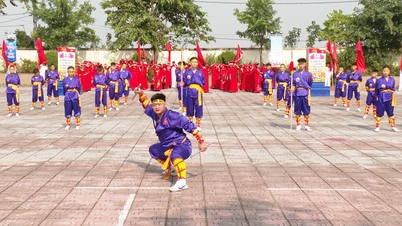











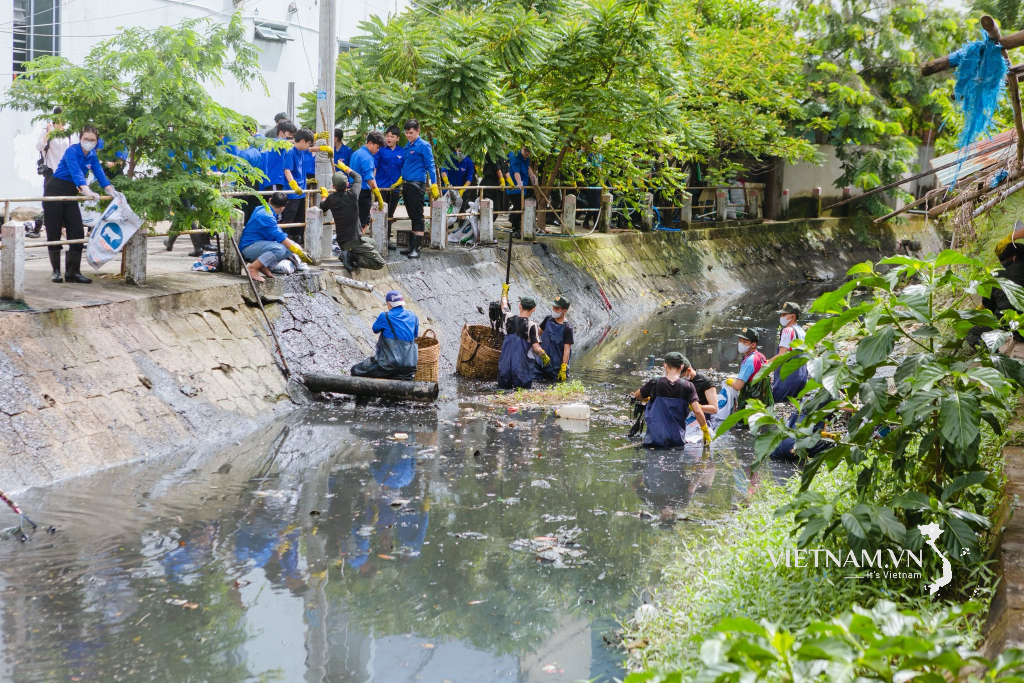


Comment (0)